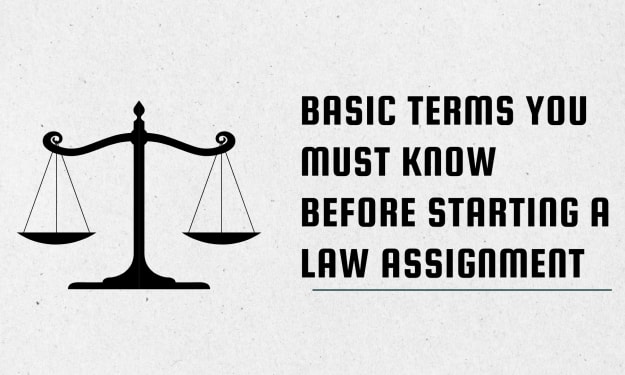Music’s power over your brain, explained
Music’s power over your brain, explained

4.4 million years in the past, the Australopithecine named "Ardi" achieved a significant milestone by standing on her legs and walking. This ancient act of walking laid the foundation for the profound influence of rhythm on human music, establishing a complex interplay between the brain, muscular activity, and sound. This connection, extending beyond metaphorical implications, initiated a trajectory that intertwined the auditory experience with the human journey through the Earth.
As hominids grasped the concept of footsteps as a pattern, these patterns provided a crucial sense of time, enabling predictions and mirroring the essence of walking on Earth. The unique positioning of humans, existing between the realms of birds in the heavens and whales in the ocean, allows for a distinct self-awareness. Human music, mirroring the rhythmic nature of walking, captures our fascination with the idea that music possesses a sense of movement.
Contrary to the physical movement implied by the term "music moves," it is the perceived transition from one note to another that creates a journey within musical compositions, such as symphonies or songs. This musical journey serves as an imaginary echo of our ancestors' migration out of Africa, contributing to the distinctiveness of human music. The pivotal factor lies in the intricate network within the human brain, connecting motor regions, hearing, and sound perception in the auditory cortex.
Descending into the layers of the human brain, the brainstem reacts to reflexes in sound, while the basal ganglia responds to the pleasurable or displeasurable aspects of a sound. Emotions find expression in the amygdala, housing feelings such as sadness, happiness, anger, and fear. The neocortex, the most modern layer, processes patterns and the intricate complexities of music.
At the core of our faculties lies "auditory scene analysis," enabling individuals to focus on specific auditory threads, much like tuning into conversations in a bustling party. This ability seamlessly extends to our appreciation of music, forming a social connection through shared conventions.
Far beyond being a mere source of relaxation or entertainment, music serves multifaceted roles in mental health. Addressing the prevalent issue of loneliness, music emerges as a unifying force, bringing people together socially. The act of listening to music, inherently a social endeavor, mitigates stress by reducing cortisol levels and induces pleasure by releasing neurotransmitters like dopamine.
Music transcends these benefits, emerging as a potent tool for memory retention, emotional expression, and identity formation. Unlike language, music's precision allows for a more profound conveyance of emotions and experiences. Ultimately, music evolves into a mode of mindfulness and contemplation, engaging the mind actively and creatively.
In the contemporary landscape, even the youngest children embrace the art of playing instruments, underscoring the innate human instinct to imitate rhythm. This instinctive propensity to imitate finds its roots in the presence of mirror neurons in our brains, responding sympathetically to observed actions. Emotions, contagious and mimetic, find a profound expression in music, establishing a deep connection between the listener and the emotional content of a song.
Music, functioning as an art form, elicits extreme reactions akin to fear, exemplified in experiences like 'the chills' or 'frisson.' These intense moments trigger responses in the brain analogous to those associated with fear, providing a unique blend of enjoyment and excitement without inherent danger. Music, operating as a form of mental time travel, allows individuals to traverse through layers of their brain, creating a biological connection back to the roots of human nature.
About the Creator
NICHOLAS MURIUNGI
I have nothings to offer to the world but writing story





Comments
There are no comments for this story
Be the first to respond and start the conversation.